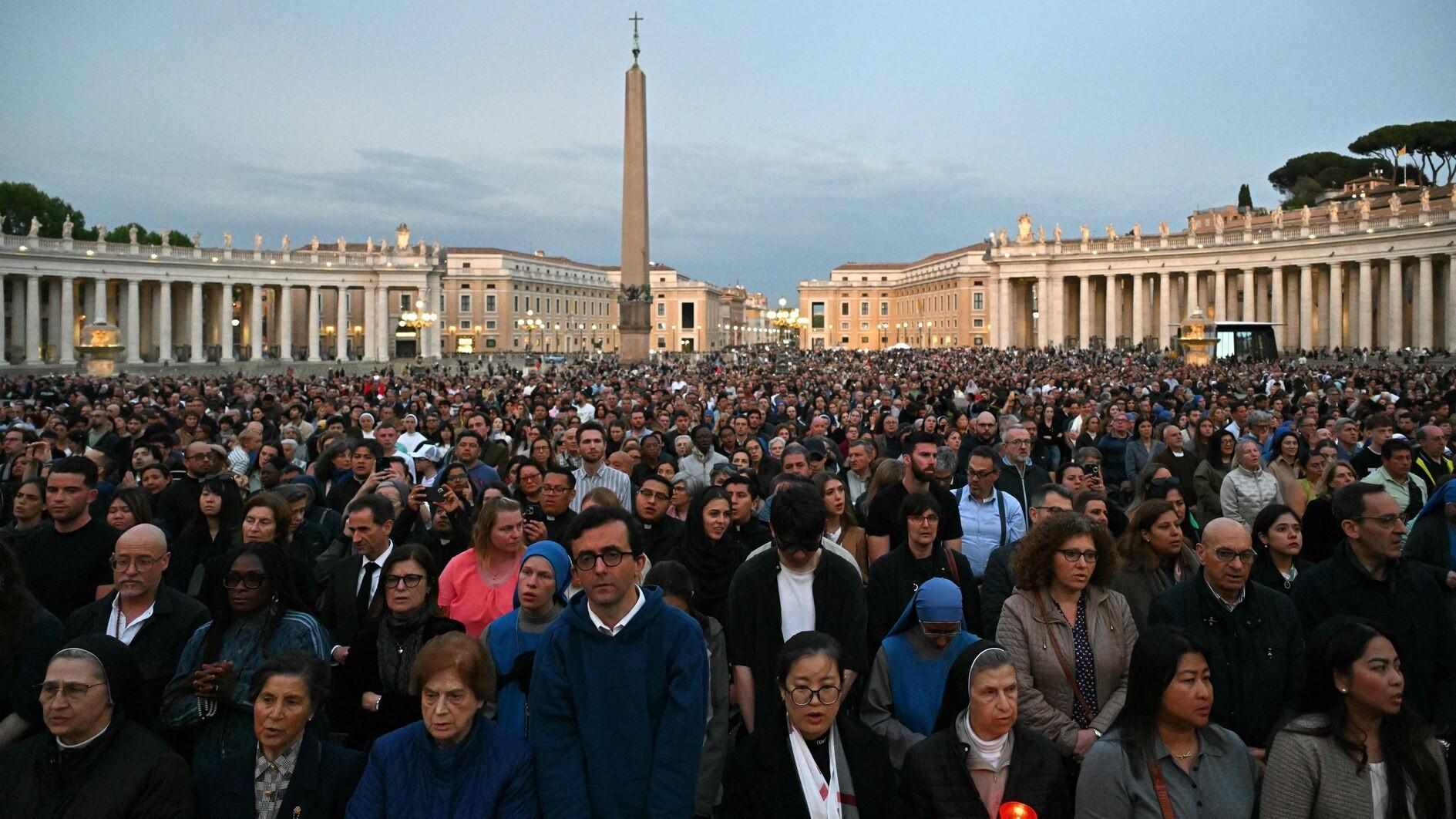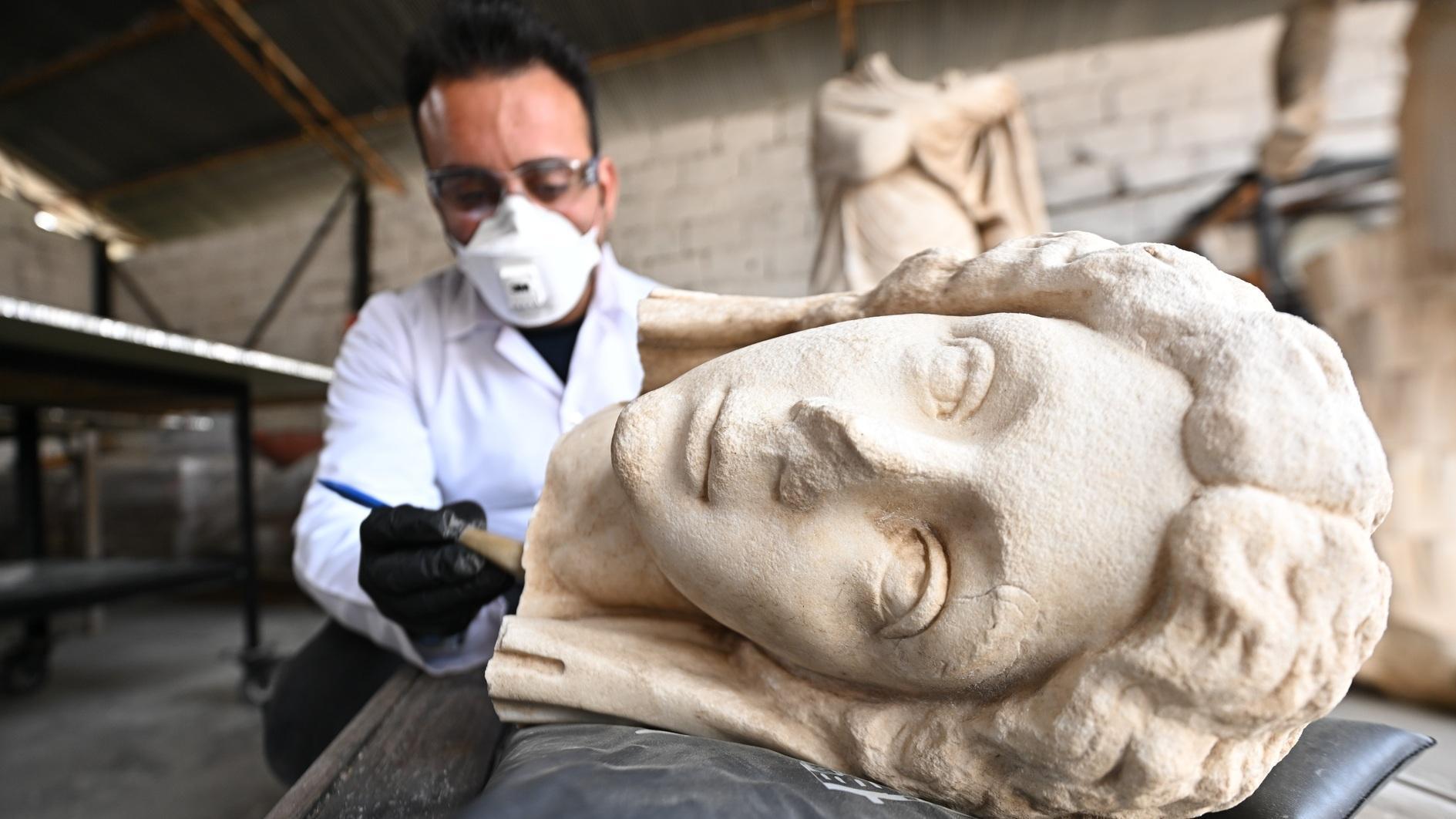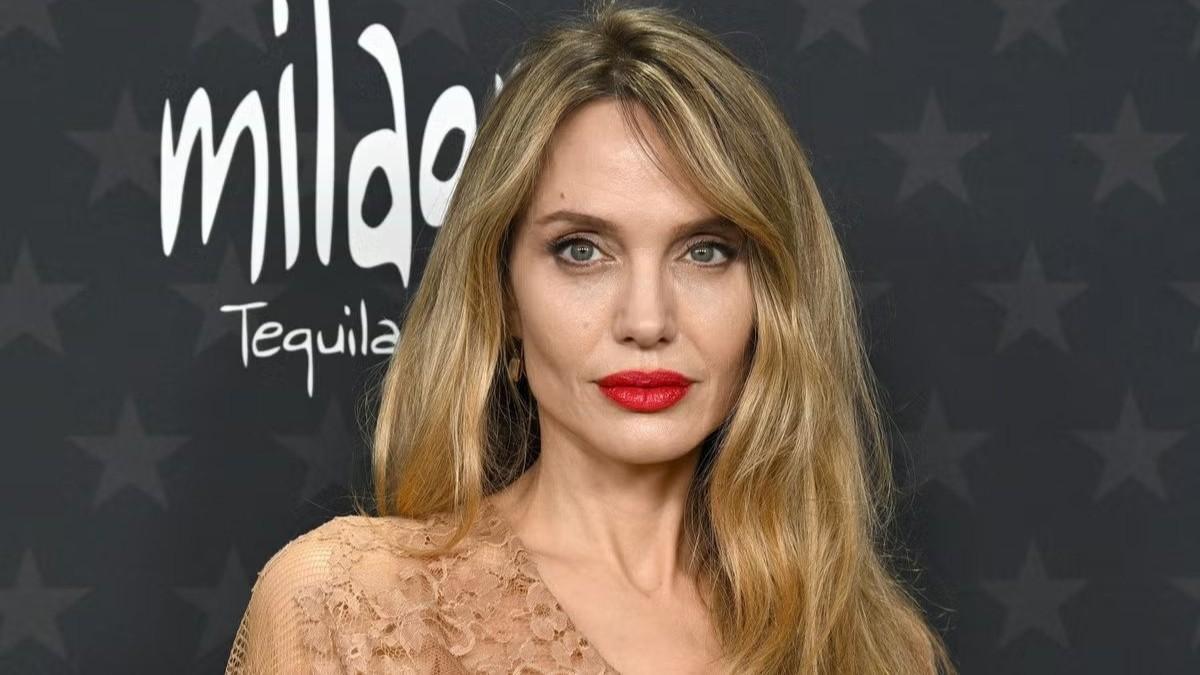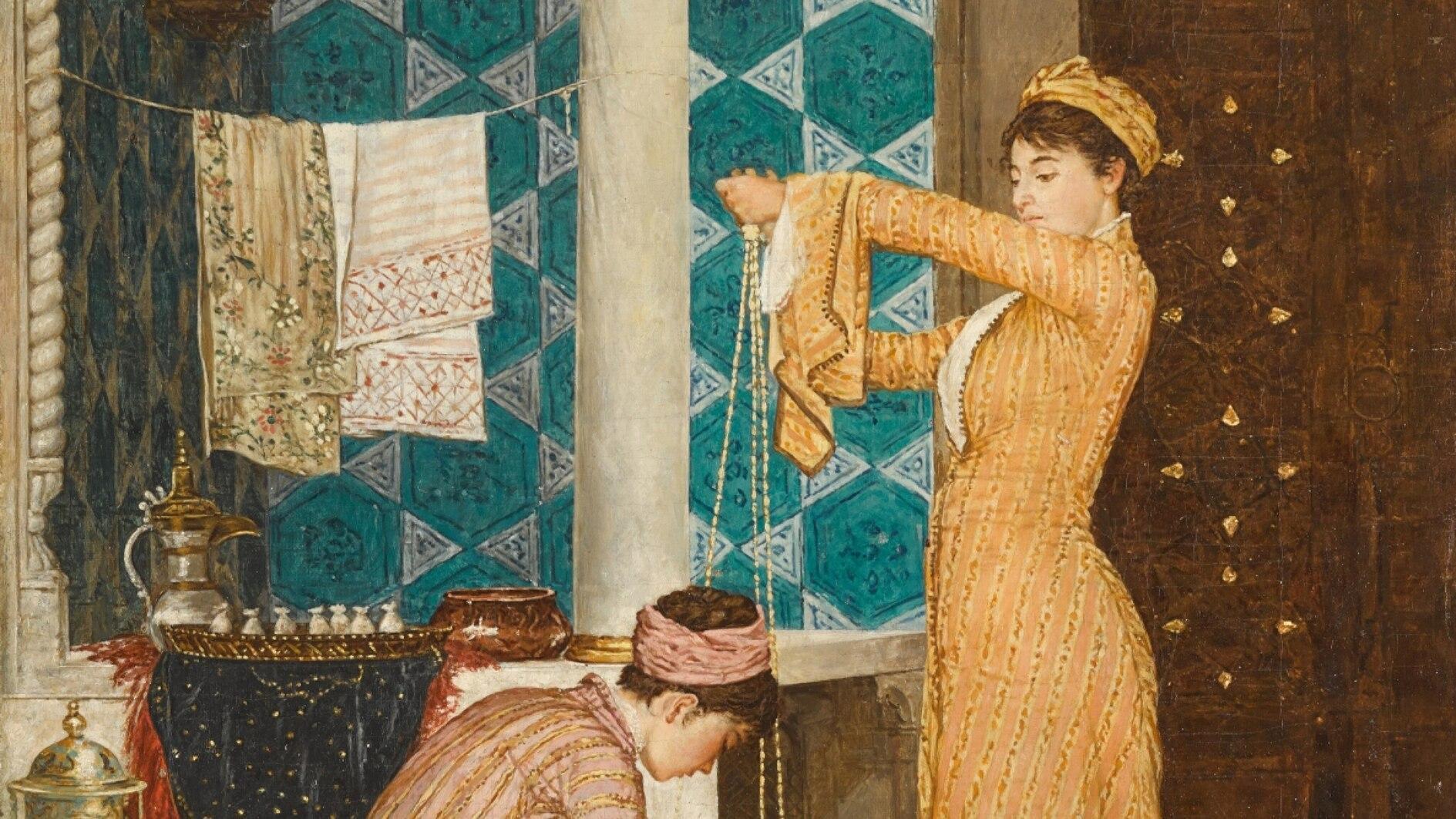Cannes Festival celebrates 70th edition
Vecdi Sayar – CANNES
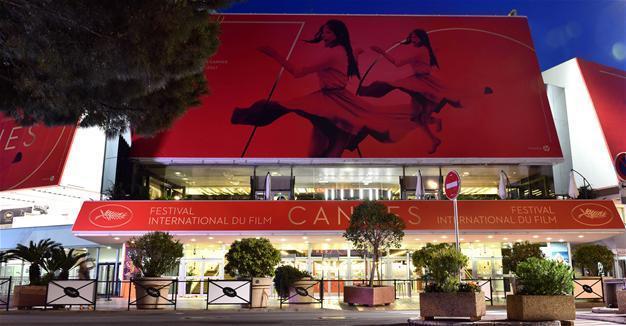 The Cannes Film Festival, the world’s premier film event, will open on May 17 with “The Ghosts of Ismael,” the latest film by French director Arnaud Desplechin and an opening ceremony hosted by luminaries Monica Bellucci and Pedro Almodovar.
The Cannes Film Festival, the world’s premier film event, will open on May 17 with “The Ghosts of Ismael,” the latest film by French director Arnaud Desplechin and an opening ceremony hosted by luminaries Monica Bellucci and Pedro Almodovar.This year Cannes Jury consists of German filmmaker and screenwriter Maren Ade, whose “Toni Erdmann” won the FIPRESCI prize in the last edition of the festival; American actress Jessica Chastain; Chinese actress Fan Bingbing; French actress, screenwriter and director Agnes Jaoui; South Korean director Park Chan-wook; American actor, producer Will Smith; Italian director, screenwriter Paolo Sorrentino and French composer Gabriel Yared, who will act under the direction of Almodovar.
The opening film by Desplechin is not in the competition lineup, but France retains a strong place in the 19-film competition with four entries. Among the four competing French directors, there is Jacques Doillon (“The Prodigal Daughter,” “The Little Gangster” and “The Pirate”), François Ozon (“See the Sea,” “Under the Sand,” “Swimming Pool,” “Young and Beautiful,” “8 Women” and “Frantz”), Michel Hazanavicius (Oscar-winning “The Artist”) and Robin Campillo, a Moroccan-origin editor, screenwriter and director who wrote the dialogue for “The Class,” which won a Golden Palm in previous years.
Doillon comes to Cannes with his new pic “Rodin” based on the life of the famous sculptor. Ozon’s “L’amant Double” and Hazanivicius’ “Redoutable” as well as Campillo’s “120 Beats per Minute” are among the pictures highly anticipated by French critics.
Europe’s domination
European pics will be in abundance at the competition, with 11 of the 19 films on offer coming from European directors. The United States also has a strong presence with four films, while the remaining three come from the Far East, including two from South Korea (“Okja” by Bong Joon-ho and “The Day After” by Hong Sang-soo) and one from Japan (“Radiance” by Naomi Kawase, who is competing for the fifth time at Cannes).
Among the European filmmakers competing this year are Karel Mundruczo from Hungary (whose “The White God” won the main prize in the “Un Certain Regard” section three years ago), Fatih Akın from Germany, a Turkish-origin filmmaker who has received international acclaim for his films “Head-On,” ”Crossing the Bridge,” “Soul Kitchen,” “Solino,” “In July” and “The Edge of Heaven,” Scottish director Lynee Ramsay (“Morven Callar” and “We need to talk about Kevin”), Swedish director Ruben Östlund (“Force Majeure”), Greek director Yorgos Lathimos (“The Lobster”), Ukraine’s Sergei Loznitsa and Russia’s Andrey Zvyagintsiv.
Mundruczo’s “Jupiter’s Moon,” Östlund’s “The Square,” Lathimos’ “The Killing of a Sacred Deer,” Ramsay’s “You were never really here,” Loznitsa’s “A Gentle Creature,” Zvyagintsiv’s “Loveless” and Akın’s “In the Fade” are among the strong competitors this year.
The most expected film, however, comes from Austrian director Michael Haneke, who has won the Golden Palm twice with “The White Ribbon” and “Love.” Haneke has returned to Cannes with his new film, “Happy End” – doubtlessly an ironical title – in which the same actors he worked with in “Love” share the main parts.
American independents
Four titles from U.S. has been selected for the competition with, needless to say, neither the political authorities nor the film studios having a chance to influence the selection done by the artistic director of the festival, Thierry Fremaux.
As usual, Fremaux has chosen American independents for his competition instead of major productions by the studios. The competing American pictures include “The Meyerowitz Stories (New and Selected)” by Noah Baumbach (director of the beautiful “Frances Ha”), “The Beguiled” by Sofia Coppola (“Lost in Translation” “The Virgin Suicides,” “The Bling Ring” and “Marie Antoinette”), “Wonderstruck” by Todd Haynes (“Far From Heaven,” Berlinale winner “Poison” and last year’s “Carol”) and “Good Time” by newcomers Benny and Josh Safdie.
The Cannes lineup also includes out-of-competition screenings (including Mike Takashi, Agnes Varda Jr. and Roman Polanski’s films), special screenings (Raymond Depardon, Claude Lanzman, Barbet Schroder and Vanessa Redgrave), as well as official sections such as “Un Certain Regard” (A Certain Look), “Semaine de la Critique” (Critics Week), “Quenzaine des Realisateurs” (Directors Fortnight). This year, Turkish cinema does not appear in any of the sections, except one title: Şerif Gören’s “Yol” will be screened in the’ Cannes Classics’ section, among 16 masterpieces selected from the 69 years of the festival.
A Certain Look
In the “Un Certain Regard” section, 18 films will compete, including seven debuts. The section will open with “Barvbara,” the recent film of Mathieu Amalric. Well-known filmmakers such as Laurent Cantet, Michel Franco and Kurosawa Kiyoshi will compete with newcomers such as Kantemir Balagov, Gyorgy Kristof and Stephan Komanderev. The jury for “Un Certain Regard,” which will be headed by Uma Thurman, includes Egyptian director Mohamed Diab, French actor Reda Kateb, Belgian director Joachim Lafosse and the artistic director of the Karlovy Vary Film Festival, Karel Och.
The Golden Camera Award will be given to a first film appearing in any section of the festival by a jury presided over by French actress Sandrine Kiberlain, while Romanian director Cristian Mungiu will head a jury that will provide an award to the short and student films in the Cinefondation section. This year, nine short films have been selected from among the 4,843 entries alongside 16 student films from 2,600 applications taken from film schools around the world.
No titles from Turkey were selected for either category.



